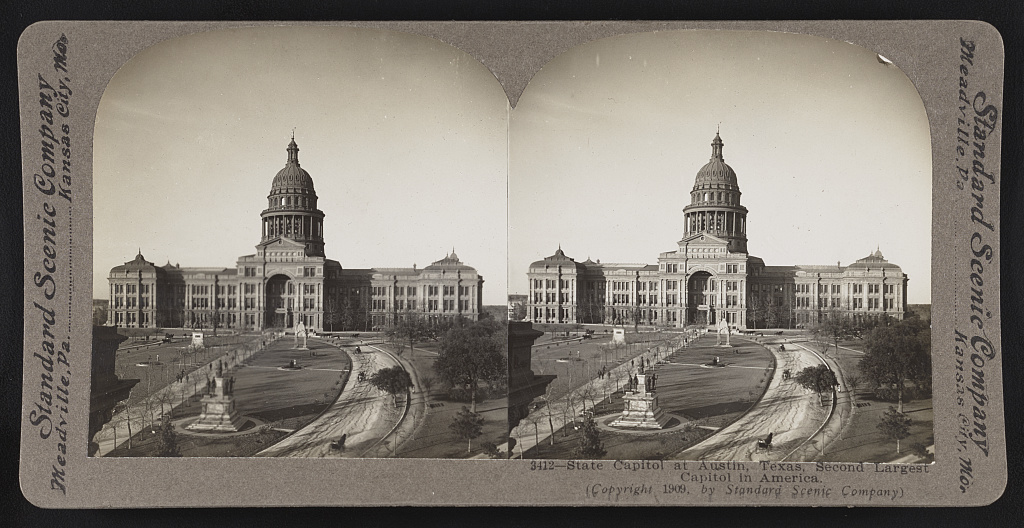As Texas grapples with the aftermath of catastrophic flooding that has claimed over 100 lives, Governor Greg Abbott is prioritizing a politically charged redistricting plan that aims to bolster Republican control of the House. This call to action comes as Abbott prepares for a special legislative session later this month, where he will push for a redrawing of congressional maps to secure more seats for his party in the 2026 elections.
Abbott’s Redistricting Agenda Raises Eyebrows
Abbott"s agenda, which includes not only redistricting but also flood response improvements, is raising serious concerns among current lawmakers. The request for redistricting is ostensibly based on “constitutional concerns” raised by the Justice Department regarding existing congressional lines. According to a letter from Harmeet Dhillon, assistant attorney general in the civil rights division, there have been allegations of “unconstitutional racial gerrymanders” in four Texas districts. This assertion underscores the deep-rooted issues of equity and representation that persist in Texas politics.
Political Games in the Face of Disaster
While Texans are suffering from the devastating effects of flooding, Governor Abbott’s focus on redistricting signals a blatant disregard for the urgent needs of the community. As reported by Governor Abbott"s press release, he has taken steps to provide resources and assistance to those affected, but the simultaneous push for political gain is troubling. This juxtaposition of priorities highlights the often cynical nature of political maneuvering, especially in the wake of human tragedy.

State Capitol at Austin, Texas, second largest capitol in ...
Implications of Gerrymandering on Civil Rights
The potential redistricting could significantly impact the composition of Texas"s congressional seats, which currently stand at 38—25 held by Republicans and 12 by Democrats. The proposed map changes are likely to shift Republican voters into new districts, ultimately diluting Democratic representation. This tactic has been criticized as a strategic move to suppress the voices of minority communities, further perpetuating systemic inequities in political representation. The implications for civil rights are dire; ensuring fair and equitable representation is crucial for the health of our democracy.
Resistance from Texas Democrats and Civil Rights Advocates
In response to Abbott"s agenda, Texas Democrats are mobilizing against what they see as a blatant attempt to rig the electoral system. Congressman Marc Veasey has introduced the Anti-Rigging Act of 2025, aiming to combat gerrymandering and protect the integrity of electoral processes. As noted in a recent statement from Congressman Veasey, “We cannot stand by as our political system is manipulated to disenfranchise voters.” This call to action reflects a broader resistance to the ongoing efforts by Republicans to entrench their power at the expense of democracy.

Houston flooding: Heavy rain fills streets, dampens July 4th festivities
Flooding Crisis and Political Opportunism
The tragic flooding in the Texas Hill Country, which has left communities in ruins, should have prompted a unified response focused on urgent humanitarian aid. Instead, Abbott’s prioritization of redistricting underscores a troubling trend where political opportunism takes precedence over genuine support for affected populations. The lack of a comprehensive disaster response plan reveals a failure to prioritize the safety and wellbeing of Texans, raising questions about the motivations behind the redistricting agenda.



![[Video] Gunfire between Iraqi security forces and Sadr militias in Baghdad](/_next/image?url=%2Fapi%2Fimage%2Fthumbnails%2Fthumbnail-1768343508874-4redb-thumbnail.jpg&w=3840&q=75)
